Consumer loyalty, is a thing of the past
If business leaders thinks that the global crisis is over and that the future financial performance should be okay, a word of caution is that all businesses are suffering from a more serious and enduring problem that has hidden beneath the recent turbulence.
Is traditional customer loyalty a thing of the past?
The high degree of customer loyalty which was normal in the “good old days” is now just a pleasant memory of times gone by. Now customer loyalty is disappearing in a hurry.
Throughout the history of buying and selling, purchase has been a challenging experience for both buyers and sellers because purchase is a lengthy progression with three phases:
- consideration
- negotiation
- transaction
Buyers have always been in control of their consideration phase and sellers have always been in control of negotiation and transaction because they “owned” every bit of valuable information relevant to the purchase.
Do customers no longer care who they buy from
Over the past several years, selling and marketing has been changing rapidly because the buyers are changing. No longer is the salesperson needed to educate the prospect and marketing is having an increasingly difficult time breaking through the noise to capture the prospect’s attention.
With the immense amount of information every prospect has at their fingertips, many times the prospect knows far more about their issues and potential solutions than the salesperson they’re dealing with. This has led to a profound shift in the buyer – seller equation.
Digitization makes everything transparent
The world is becoming more and more digital. The fast adoption of smartphones and tablets has further enhanced transparency. Today, more than half of the consumers use their mobile devices to compare prices while shopping. If a company or brand doesn’t provide a clear added value then consumers will shop for price. The online world has made price transparency very accessible, a trend that spells danger for any company out there.
Technology has empowered buyers and “ultimately their loyalty died” because of the immense number of choices they now have along with an enormous amount of detailed comparison information, along with the ability to purchase anytime, day or night, and from a growing number of vendors, all vying for their business.
Everything becomes a commodity
Digitization has created a rift between the consumer’s expectations on the one hand and what the average company is offering on the other hand.
The ever-increasing transparency is turning nearly every industry into a commodity industry at a record pace. The problem with a commodity industry is its high focus on price. Some sectors even find themselves competing against a free alternative. For instance, free online content is becoming the bane of the printing industry.
Rising consumer expectations
In recent years, declining customer loyalty has been an issue for most companies in spite of heavy investments in service improvement. This is because the consumers’ pattern of expectation is evolving even faster. Consumers don’t compare a company to where they were a year ago; rather, they compare companies to the “best-in-class”.
The best examples create expectations across all sectors. Companies with a certain history and an older infrastructure have trouble coping with today’s rate of change.
The future
The future belongs to companies that have a centric customer focused corporate culture that ultimate leads to “The trusted company”.
More plastic cards will not be the solution! So better start today:
Sell as you would buy ………….
Short URL & title:
Customer loyalty is disappearing in a hurry — https://www.torbenrick.eu/t/r/sfk
Share it:
If you enjoyed this article, please take 5 seconds to share it on your social network. Thanks!
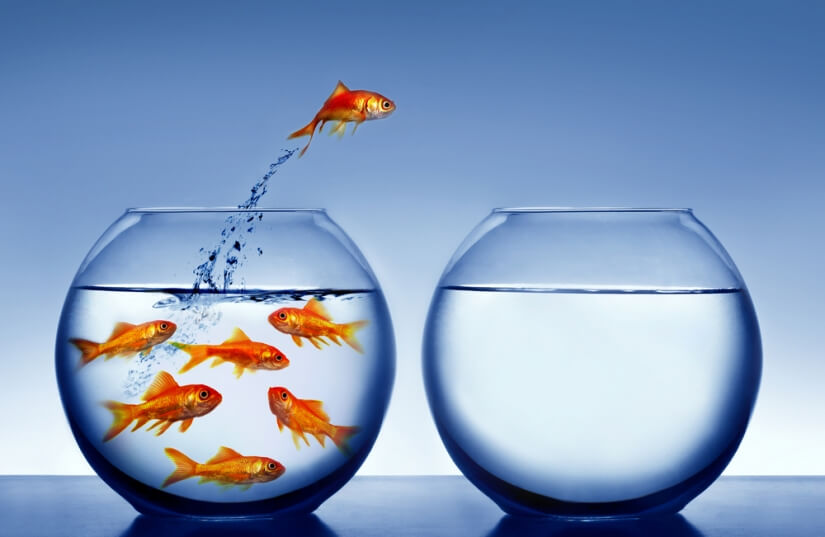
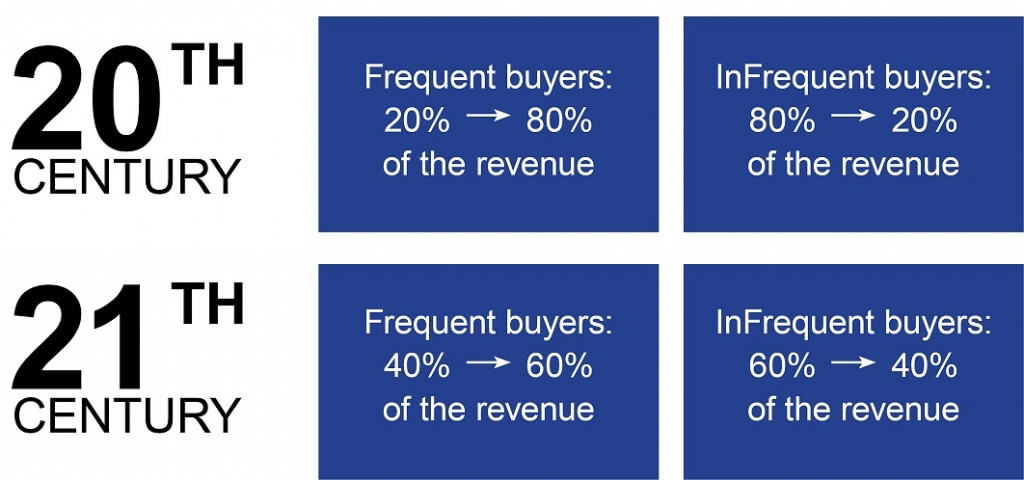
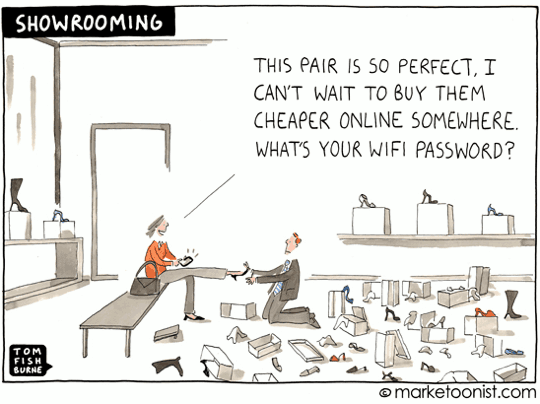




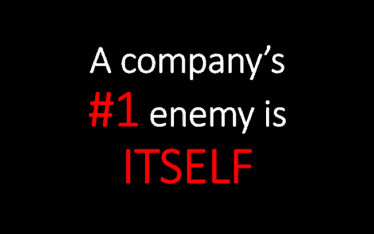
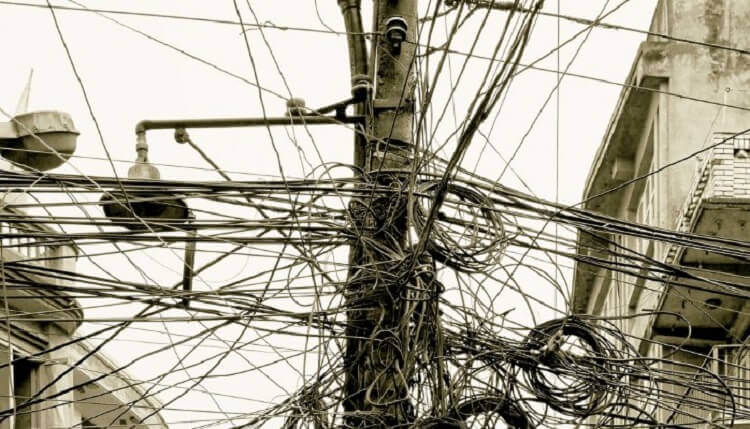
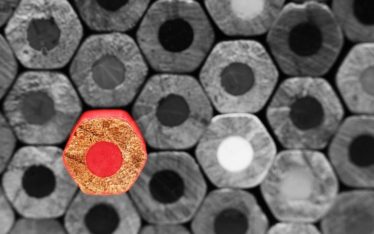
Great post.
This appears to become a trending topic.
Still companies continue to measure customer satisfaction and loyalty. Multinationals are using for example Medallia to run their surveys and focus on CLI.
Kris.
A lot of good points. However a few that would not agree with such as everything becomes a commodity and lack of loyalty. Basically lower barriers to awareness building and higher expectations of customer experience.
Loyalty is created by product quality and pre and post sales experience . Technology has indeed created higher competitive bar.
I am not so sure that “Customer loyalty is disappearing.” I think that customers want to buy from a trusted source – provided the company gives them what they want. When companies stop doing that, customers will gravitate to those companies that will provide. Thus, you might say that companbies are not being loyal to their customers by ignoring them.
An interesting debate. It can be argued that customer loyalty never really existed other than in the minds of lazy purchasers and lazy marketers. The easier the sales experience, the more “loyal” the customers became. However, now in the advanced stages of consumerism customers are saying, “Give me absolutely everything I want, no matter how ridiculous, or I will go away.” And they can/will too.
If you apply the thinking behind “Intense Customer Focus”, you will find that in today’s market, it is necessary for a product or service provider to understand the rapidly changing complexities of exactly what customers seek. Commoditisation assumes customers will always buy on price – which i s simply not the case. Too many suppliers (e.g. banks) take it for granted that they fully understand customer needs and therefore simply need to make the product or service available. This type of thinking will often work in the short term but will go on to provide large and fruitful opportunities for canny competitors.
If an organisation lacks competitive advantage and ignores customers needs … loyalty will certainly dissappear.
Personally, I am brand loyal, as long as this brand satisfies my needs and expectations of quality.
However, an organisation has to accept, that some customers do not care about superior quality and will only buy best price. If that organisation decides to cater for both of these customers, they have to bring different products to market.
Great article! Another key customer behavior change [and I’m not sure if this is industry specific] is the expectation for personalization / customization — customers want product / services that match their exact needs. Organizations that offer that flexibility may be more likely to get classed with the “best in class” category.